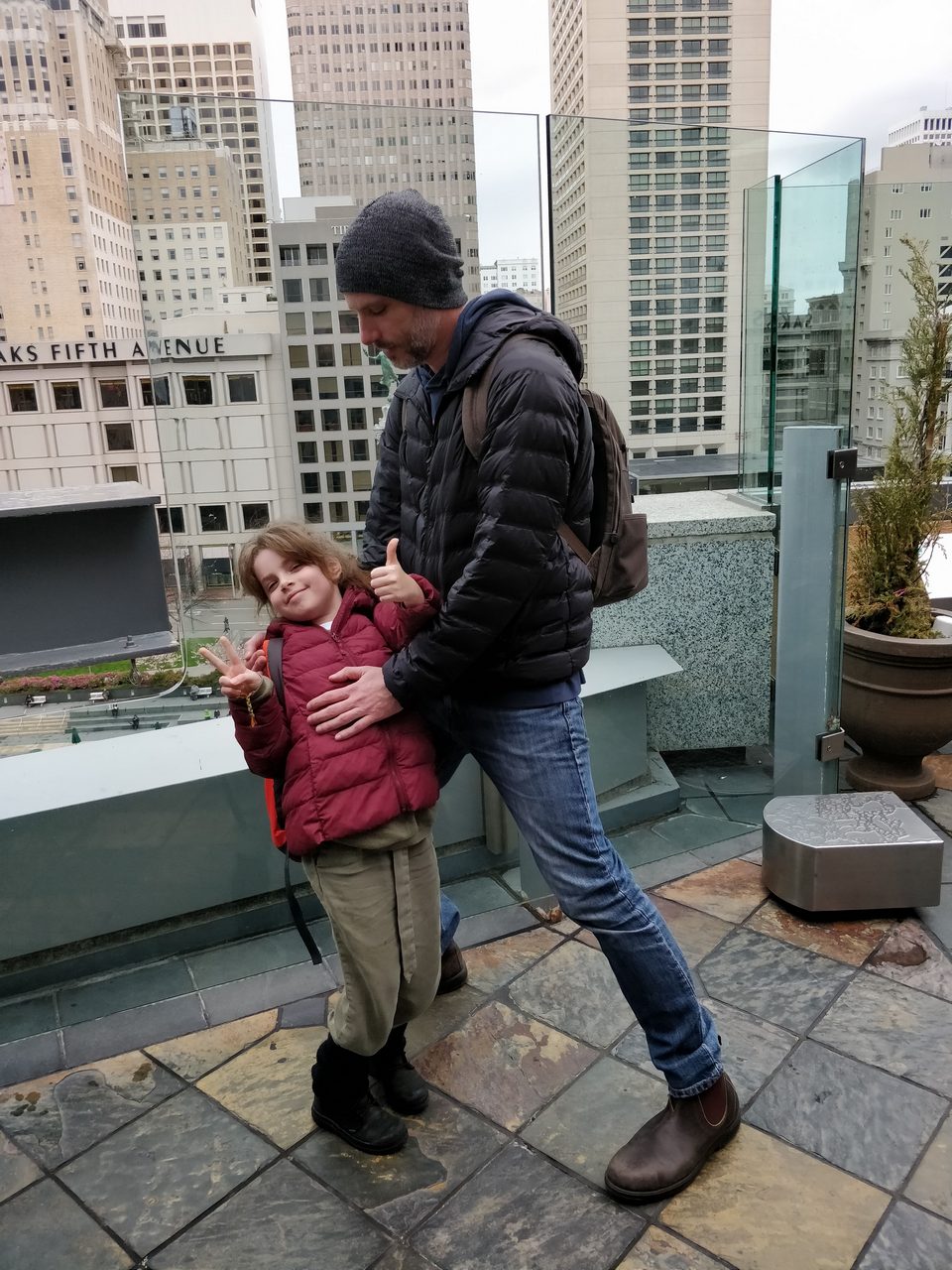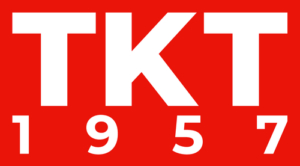Interview with Tomer Shechter, the co-founder and CTO at TAG Video Systems LTD (Israel), and Kevin Joyce, Zer0 Friction Officer at TAG.
– Who was the founder of the company?
Tomer Shechter: TAG was founded in 2009 by me and Gal Waldman.
Kevin Joyce: The name of the company is TAG, these are the initials of the two gentlemen that founded it: Tomer and Gal – TAG.
– What direction did the company take and why?
Kevin Joyce: Why did you start the company, Tomer?
Tomer Shechter: Gal and I worked in another company. In 2008 there was a big real estate financial disaster in the US. The previous company couldn’tendure the change in valuation of currency and went bankrupt. So we were both out of a job with some ideas about what we wanted to develop, and we decided to take the chance and start our own business.
– Tell us a bit about yourself. What did you do before the army?
Tomer Shechter: I’ve been doing software development for many, many years. I got my first computer at the age of six, it was an Apple, and I started developing software commercially at the age of 15. During my army service I also did software and hardware development, and after the army I continued this in a private company. It provided specific outsourcing services to many companies in our area, large companies like Microsoft, Nokia, Siemens, Broadcom, etc., and also small companies like Polycom and Octobase, Scopus and Harmonic.
So, I’ve been familiar with this industry. In 2008 Gal and I decided to start our own company. The idea behind the company was to develop all the products that other companies were developing by hardware, but doing it only by software, pure software – operating only on regular servers without any hardware development whatsoever. This was the fundamental idea behind this company.
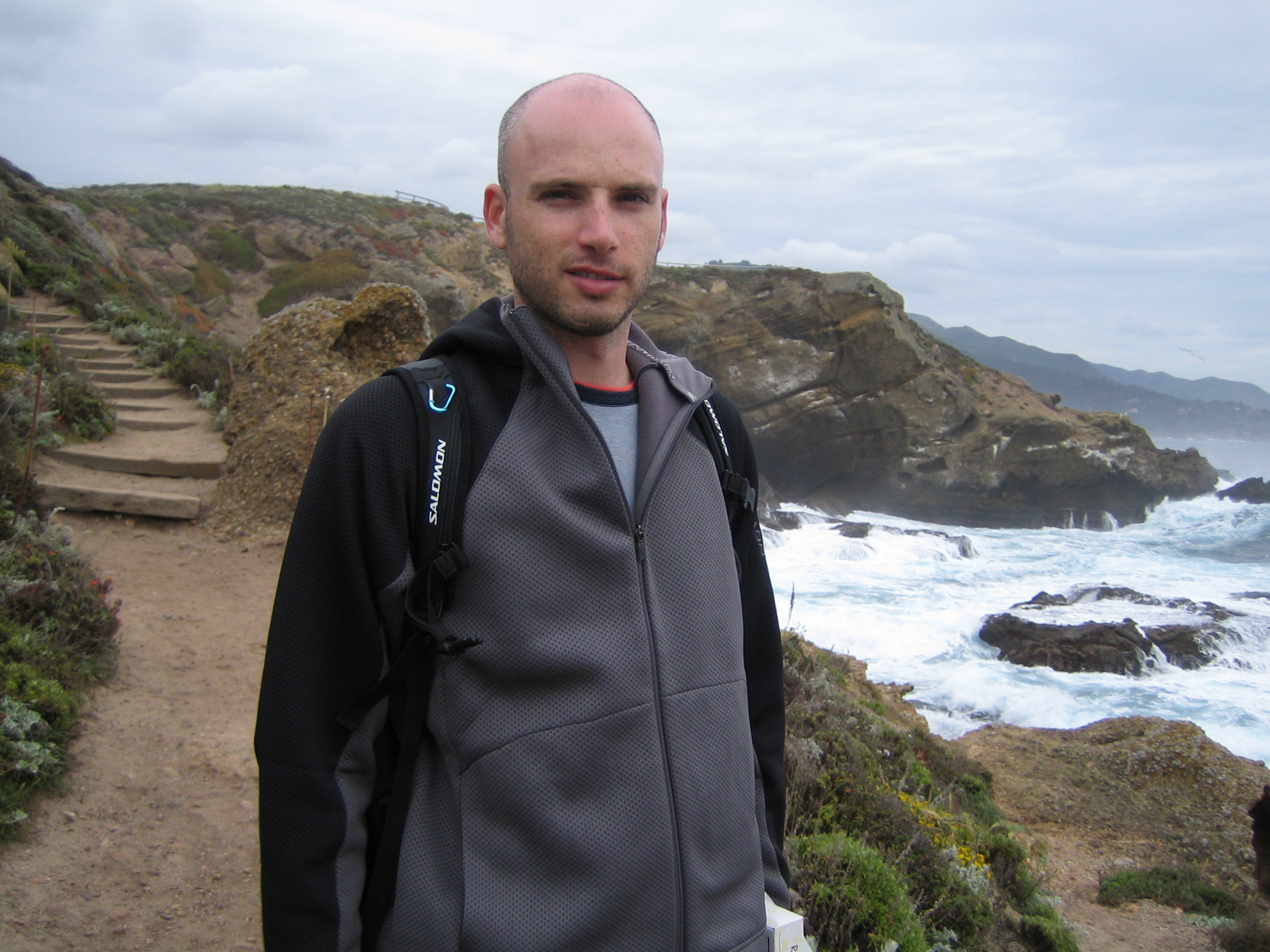
Kevin Joyce: This is a very important part of the story which Tomer just mentioned. I want to emphasize that in 2008 Tomer said they wanted to create products that were 100 percent software. This is important to understand because the industry was almost exclusively hardware-based. Broadcasting in general has been a very heavy hardware-based industry, proprietary custom-made hardware – because video files are very complex and large, there has been custom-made hardware manufactured to process video signals and video sources.
When Tomer and Gal decided to do things in software, the computing technology was barely even capable of handling the processing at that time. So, it wasprescient for them to work in developing software with the vision that hardware would no longer be economically viable in the broadcast industry. Ironically, it was 2008, and here we sit in 2021, and there’s still a lot of hardware in this industry, but it is moving at a very quick pace to a software-cloud-based industry. But I just wanted to make sure you understood that in 2008 people thought that they were crazy to develop software in a hardware-based industry.
– Tell us about your family, and your past – where and when were you born? What did your parents do? How did you make the decision to dedicate yourself to television?
Tomer Shechter: I was born in 1975 in a small city called Kfar Saba. At that time, Meir Hospital didn’t have a wing for childbirth, it was a separate building that happened to be 100 metres from where my parents were living at the time. I was born and raised there, and then I moved to Tel Aviv. I went to high school in Tel Aviv, and there I learnt software and hardware development – it’s a part of normal classes at this school.
Following that, I served in the military as a software engineer. Afterward I was working, as I mentioned earlier, as an outsourcing engineer also in this industry, but not for just this industry.
My father was working in printing and in video on the technical side – he was building machines for developing films and processing high-speed video footage, and things like that. My mother is also from the graphics industry, so I had a lot of relevant knowledge in those fields from home. But software and hardware development did not really exist at that time.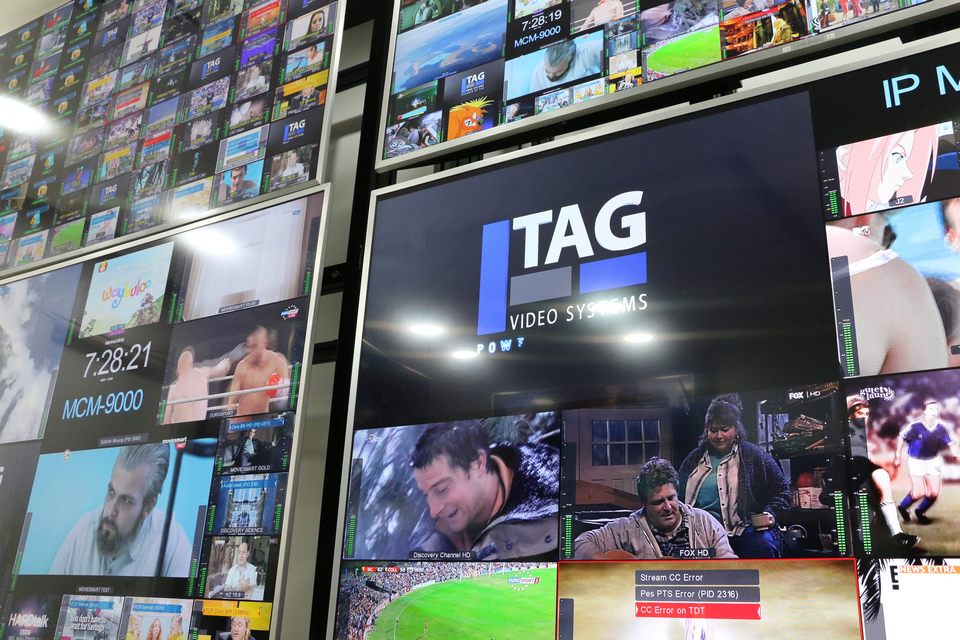
– You studied computing technologies in high school, so why did you not go to university?
Tomer Shechter: No, I did. After my army service I worked at a company while I studied for my electrical engineering degree at the Beersheba University. Later, I also earned a BA in physics from Tel Aviv University.
– What was your first job after university?
Tomer Shechter: I started working before university. I went to university in parallel with a full-time job as a software engineer. It wasn’t too complicated – university didn’t really require too much effort.
– At what point did you decide that it was time to start your own business, your own company?
Tomer Shechter: As I said, in 2008 because of the financial situation, the company where I worked went bankrupt, so Gal and I both lost our jobs and decided to start our own business. There were multiple things which pushed us to do this, mainly because we had a lot of ideas on how to develop these products. And we decided to take a chance, because at that time it was very difficult to find another job, 2008 was a disaster. So I said ‘okay, we’ll do it for a year and see what happens, how it goes’. It went quite well, so we continued.
– Was it a startup? Or did you invest your own money?
Tomer Shechter: We don’t have any investors, we didn’t bring any into the company, we started it as a bootstrap. We mainly used the money that we got as compensation from the previous company when it went under. We never got any additional investors.
– Startups are very popular in Israel, why did you decide not to attract investments?
Tomer Shechter: We didn’t want to bring in investors, we didn’t really need any at that point. We managed to do everything without. It’s also a part of the family culture. My brother had multiple startup companies, my cousin has a very big one, very well-known. So it’s something that runs in the family – we need to create and do something.
– For a business, the most important thing is the first clients. Who were your first clients?
Tomer Shechter: It depends on which product. We started with slightly different products than what we have today. Usually this is how it goes – you start with some ideas, and then you find something else. We started with transcoding products. In this case, our main customers were Chinese broadcasting companies.
Later on we developed what is our main product today – the MCM-9000, it’s a monitoring platform. For this one the first customer was a Turkish cable company that found us through Google with zero effort from our side. Later on we added many other customers.
– Your company now has a head office in Israel. Do you have any other offices or subsidiaries?
Tomer Shechter: But with COVID and everyone working from home, this changes everything. We’re not doing a lot of things we planned to do, and a lot of things we thought we would have to do faster are not really necessary now, like some offices are really not needed. Even the one we have in Israel is very large, and usually there are only two people there during this period. So, it’s kind of a waste of resources to have these offices.
We also have a marketing company in the US, most of the sales and marketing activities are done from the US subsidiary.
– How did you find this marketing company and how was it created?
Tomer Shechter: It didn’t take any effort from us, it’s just an official entity.
Kevin Joyce: It was a natural evolution to create the American subsidiary. For the first years of TAG’s history, from 2009 to 2015, a majority of the business came from the European Union. Germany, the UK, Spain, Italy, France – the large broadcasters and media companies in Europe. In 2015 they decided to put their focus on the US and Canadian market, and in doing so, within two years, sales in the US were greater than sales in the EMEA territory.
When sales from the US organization exceeded the EMEA, we had to create a US subsidiary and put more resources in the North American marketplace. At this time, the business in the US, the EMEA and APAC are about equal. In the world it depends on cycles of the large clients. The American clients are very progressive when it comes to online video, things like Netflix and Amazon Prime – this is where the future of video is going, and those clients have dominated TAG’s business over the last couple of years. That’s why TAG is in the US market.
– What share do Canada and the United States have in the turnover of your company?
Kevin Joyce: 50 percent of TAG’s business comes from North America – the US, Canada and Mexico. The other 50 percent comes from the rest of the world, predominantly Europe, but we include Asia-Pacific in that as well. So, 50 percent is the US, approximately 40 percent is EMEA (Europe, Middle East and Africa), and 10 percent is the Asia-Pacific region. That pretty much follows the maturity of those countries in the adoption of 100 percent software IP workflows for broadcast.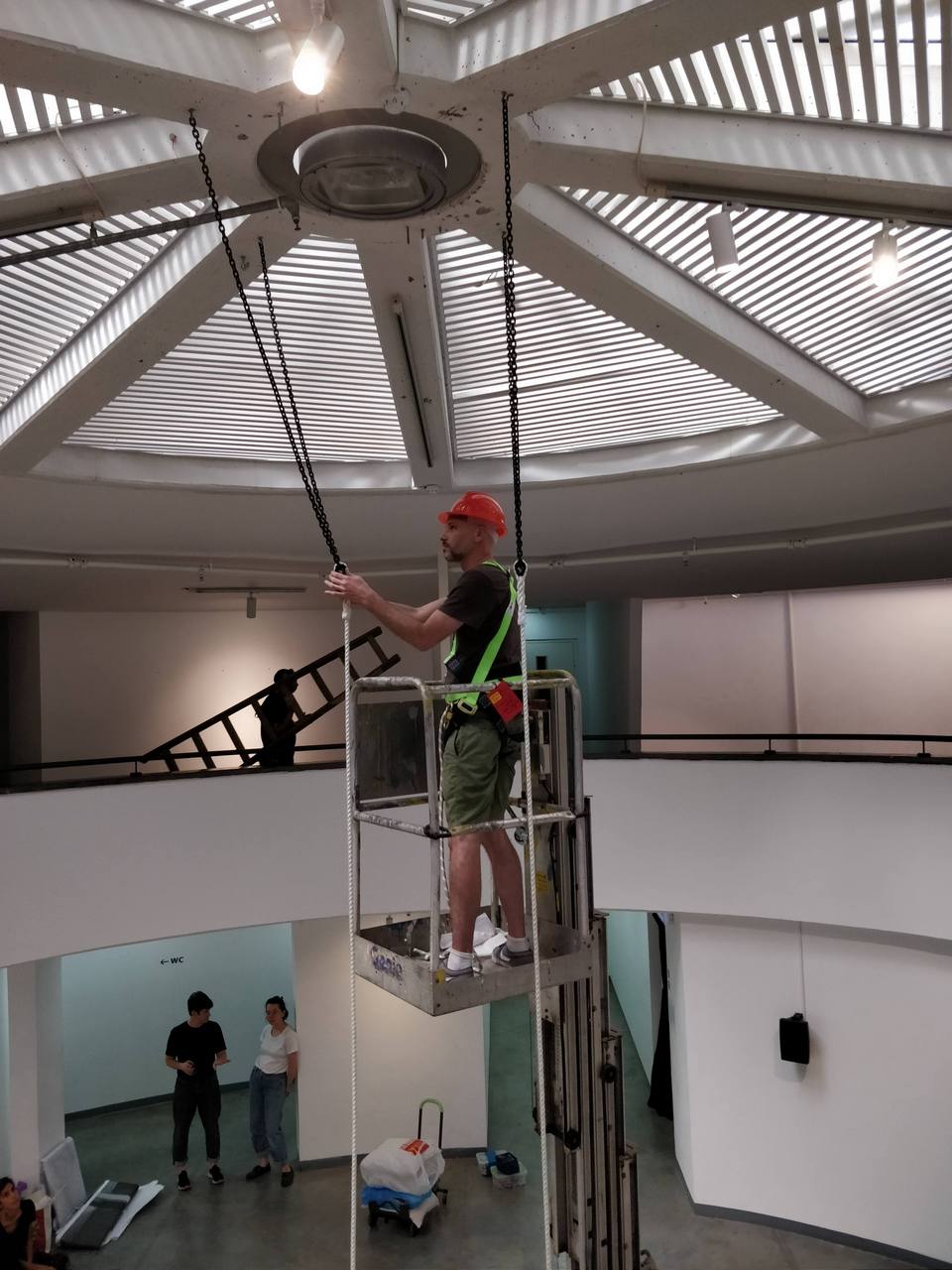
– Do you plan to expand the business to China, Indonesia and India?
Kevin Joyce: Yes, absolutely. It’s tied to the investment that those companies or broadcasters will make, to make the transition from traditional broadcast to digital. They are not making as large an investment as Western Europe or the North American companies. At the same time, you’re also watching a global extension of the large media companies. So you have a few media companies buying most of the assets around the world, companies like Disney, Amazon, Comcast. The larger companies are getting bigger and bigger and taking a much bigger portion of the business.
As you know, being Russian, broadcasting is also a very large government industry. So the investment in a lot of countries such as China, Russia or India is highly dependent upon the government and their investments. And sometimes governments don’t move as fast as the private sector, and so for the balance of those media companies we are dependent upon the investment that the countries make in their own broadcasting infrastructure.
– Israel has finally established relations with the Persian Gulf countries. Are you planning to expand in this region?
Tomer Shechter: Yes, definitely. We welcome any customer from anywhere in the world. We have a lot of contacts now after the last changes in the United Arab Emirates. Our main limitation is resources, of course – it does require resources to start supporting new regions. It’s not just a box, you need to support your customers, you need to give them technical support and so on. So it’s not just fire-and-forget business deals, it means that if we decide to work in those areas, we require either local partners to be able to support new customers, or the ability to do it from our offices. It is a process, it doesn’t happen in a single day, but we definitely see the whole world as a potential. We already have lots of installations from Australia through Japan, through Europe, the United States and even South America.
– Tell us more about your personal life outside of work. Do you have a family? What are your hobbies?
Tomer Shechter: I mainly work, it’s a part of managing a company. At this stage there is a lot of work, it’s very difficult. But my wife is an artist in Israel, and I do help her a lot. I do all kinds of technical work for her, and I also have some artistic nature in me, but I don’t help with the decision making. If you go into the Israeli Museum website, you can see some videos of her work. She has an exhibition in Jerusalem in the Israeli Museum, and you can also see some videos of me working there for the installation.
